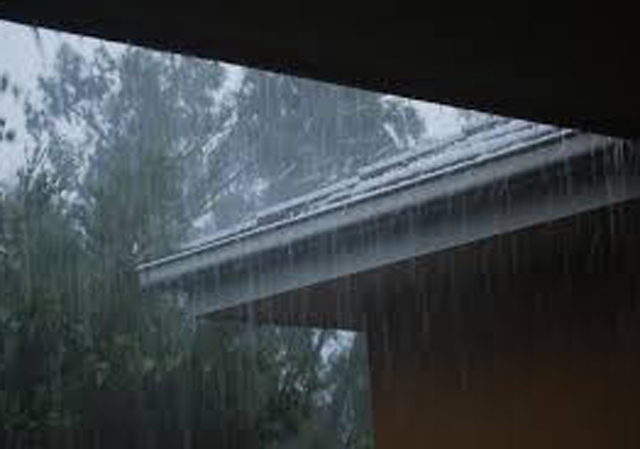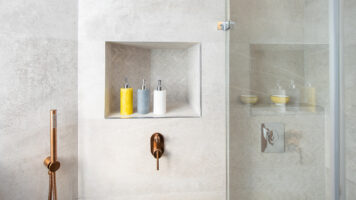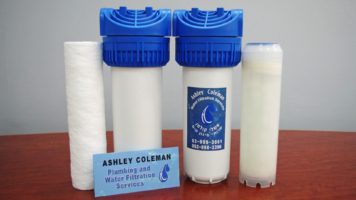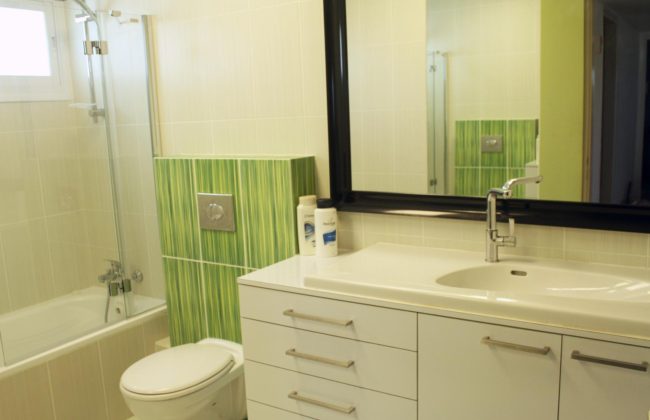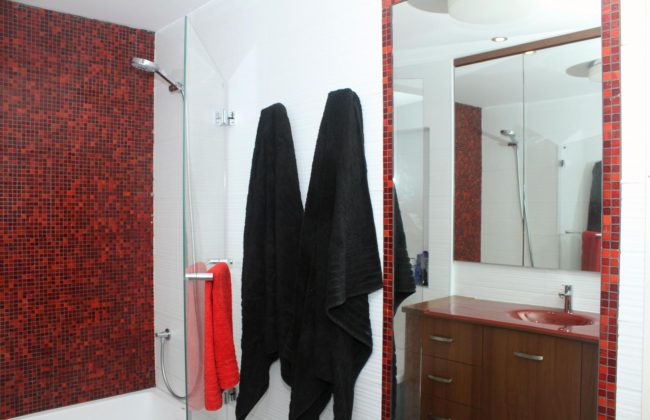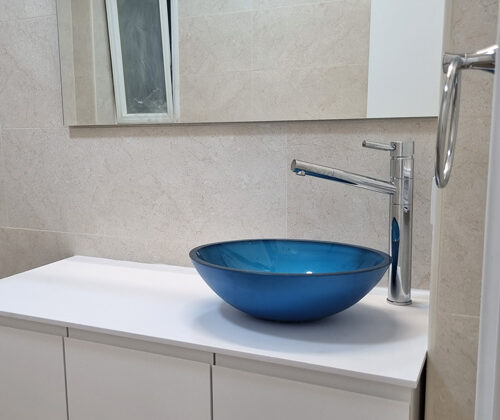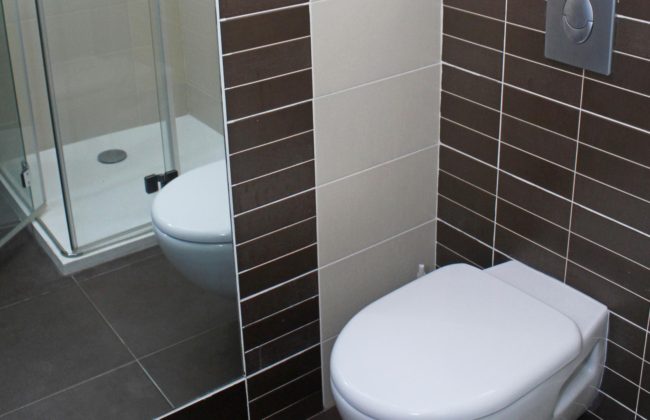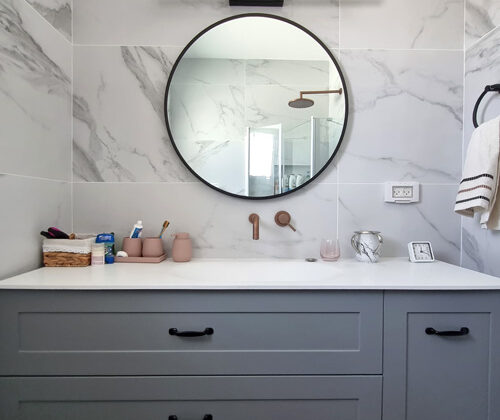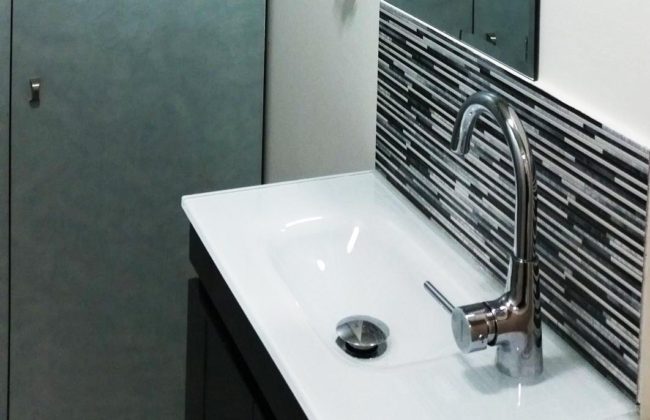So, winter, it seems has arrived. We recently had a heavy bout of rain accompanied by a freeze, resulting in extensive water damage, flooding and freezing solar panels in several neighborhoods.
The morning after heavy rain, we get a lot of calls from clients who could have avoided a lot of damage by doing a few small checks. I will mention but a few:
Balconies
Balcony drains tend to clog very easily because they are relatively small drains. They are though, the easiest to maintain. Before the winter, or when you know we are expecting rain, give your balcony a good sweep, make sure there is nothing covering your balcony drain or that could potentially float over to cover the drain. Lift the drain cover off (with the help of a screw driver) and remove anything you can reach in the drain. You can then take a garden hose or a few buckets of water to check the drain is clear and in working order. Although this does not guarantee you will not have a blockage, it can certainly go a long way towards avoiding them. Balconies that flood due to heavy rain can often result in the house flooding as well as leaks into the ceiling below due to the sheer weight of water that accumulates.
As a footnote, this is the time you may discover that your balcony might need damp proofing or sealing.
Roofs
A similar rule applies to your roof. The drain or the gutter can often get filled with building debris, leaves or bird droppings, once again resulting in clogs that can potentially do a lot of damage to ceilings, electrical systems and flooding in houses. It is definitely worth cleaning and doing the water check.
Pumps
If you have a basement or a room below ground level, you may well have a rainwater sump pump. These pumps will remove the rainwater, usually from a pit, but will only kick in when the water level reaches a certain height. Because they are inactive most of the summer, we would only discover that they are not working or fusing the house when it first rains. It is worth checking the functionality by filling the pit with water with a garden hose before the rain in order to avoid water damage. If it is not functioning, it might need to be repaired or replaced, so leave yourself plenty of time.
Boilers
Boilers which are exposed to the elements (on roofs) must have the electric wires covered. As soon as the boiler is turned on and the wiring is wet, it will likely fuse the house. Every boiler comes with a hat-looking cover, but they can sometimes get lost, taken or just fly off, if it was not well secured. It is worth checking your boiler to ensure you have this cover and that it is secured properly to the boiler.
By carrying out these few checks yourself or by a professional, you can be prepared for the next heavy rain and avoid potential damage to property.
